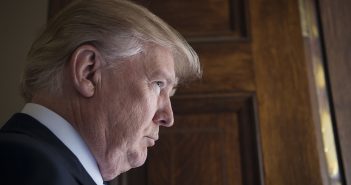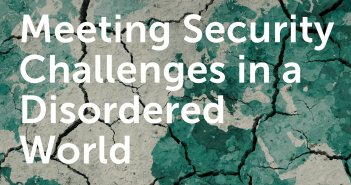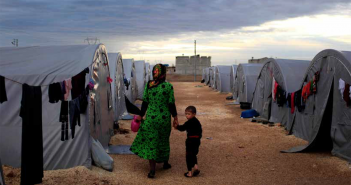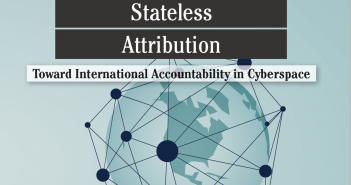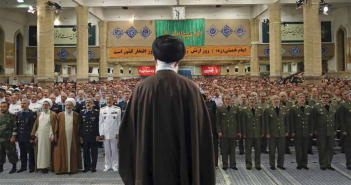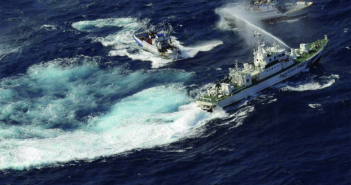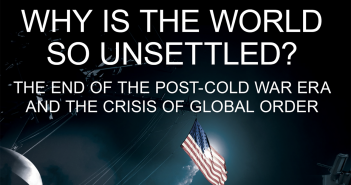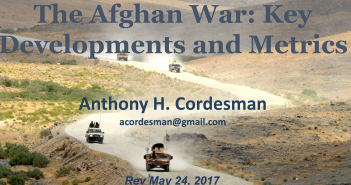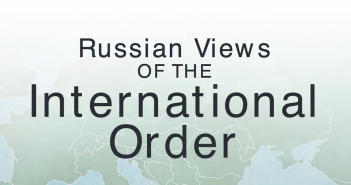Your single destination for high-quality content from top think tanks around the world. Fresh reports and analysis as they are released to ensure valuable thought leadership work isn’t lost in the daily noise.
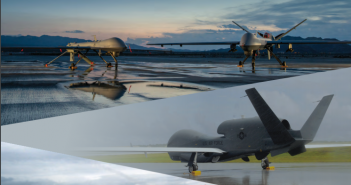
Mitchell Institute – Consolidating the Revolution: Optimizing the Potential of Remotely Piloted Aircraft
In a new report by the Mitchell Institute for Aerospace Studies, Lt. Gen. David Deptula, USAF Ret., the Institute’s dean, argues that 15 years of surging demand for remotely piloted aircraft for sensor and strike missions has “yielded a disjointed enterprise where effectiveness and efficiency are not what they could have been, or can be. With large wartime budgets dramatically shrinking, the military must make a host of important decisions regarding how best to meet valid requirements in a sustainable fashion.”

